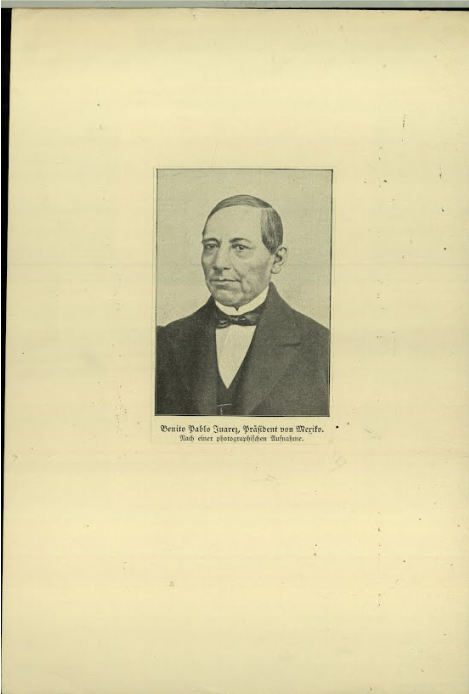
Benito Juarez, a highly symbolic liberal Mexico leader, fought for progress in the Mexican state and delivered its independence. As John Charles Chasteen (2016, p. 169) argues, “to many Mexicans, the personal rise of Benito Juarez confirmed the promise of liberalism.”
To start off the liberal Reform, in 1855 the Juarez Law was enacted which stated that supporters of the ministry and the army need to be in complete control of the civil court and common law. Then in 1856 the Lerdo Law got rid of combined landholding. This law primarily upset the Church, because no they would have to sell various properties and also upset be indigenous people because they believe that shared lands benefited them. Indigenous villagers joined the conservative people and were against the liberal reform of the 1850s (Chasteen, 2016). However, the liberal reform only lasted a few years because shortly after the beginning a conservative president was elected. In 1858 a civil war started between the conservative and the liberal. The liberals chose Benito Juarez to lead them.
A few years later, in 1861, Juarez became president and liberal reformers forever changed the impact of Catholicism in Mexican society. Soon the liberalist government took over Mexico City, but the Mexican state was facing bankruptcy due to the war. In 1862, France, Britain, and Spain, invaded Veracruz but when Britain and Spain realized that Napoleon the third was trying to control Mexico like a puppet, they retreated. then, The French suffered a great defeat in Puebla in part thanks to the great tactics of Juarez, on May 5th, 1862 which is known as Cinco de Mayo (Scholes, 2020).
Although Juarez struggled to create his liberal ideas into political laws and had to ignore remarks on his Indian background, he was very successful in modernizing Mexico towards the end of the 19th century. He also gained the title of a national hero with his victorious war against the French and forever be a Mexican icon (Scholes, 2020).
Works Cited:
“Benito Juárez.” Google Arts & Culture. Google. Accessed February 11, 2021. https://artsandculture.google.com/entity/m0q2b7.
Chasteen, John Charles. “Encounter: Patterns of Indigenous Life.” Essay. In Born in Blood and Fire: A Concise History of Latin America, 168-171[GR1] . New York, NY: W.W. Norton & Company, 2016.
Scholes, Walter V. “Benito Juárez.” Encyclopedia Britannica. Encyclopedia Britannica, inc., December 23, 2020. https://www.britannica.com/biography/Benito-Juarez#ref3780.
By Giselle Rivera
